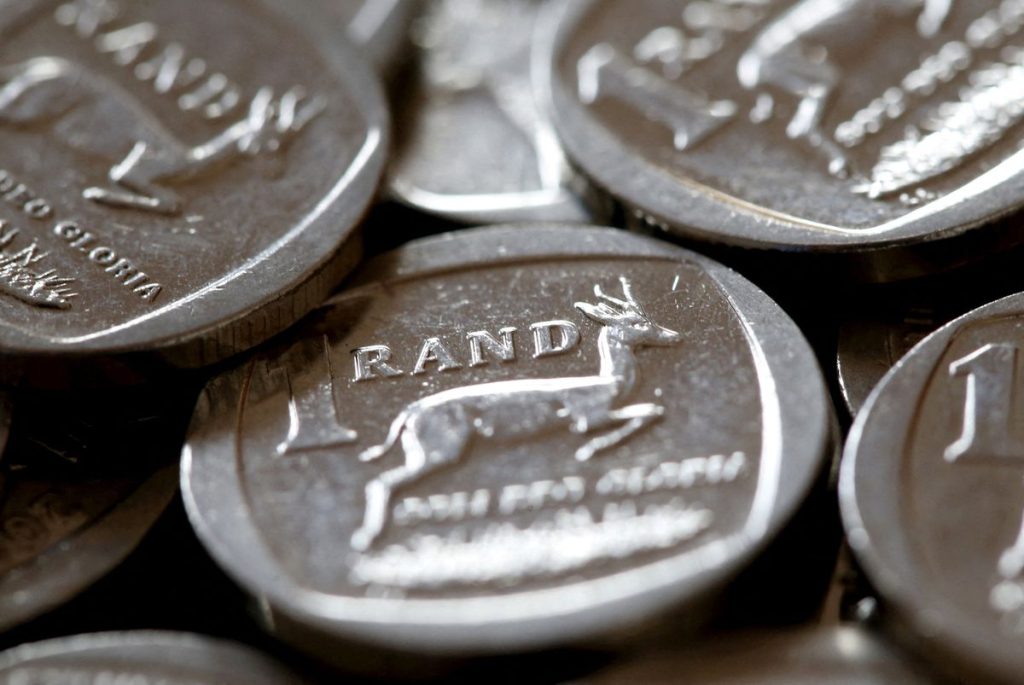
Accra — Ghana’s finance ministry has invited eligible holders to exchange $809.9 million in domestic U.S. dollar bonds for a package of new bonds with lower rates and longer maturities, it said on Friday, part of efforts to restructure debt to meet International Monetary Fund loan requirements.
The country’s cocoa board (COCOBOD) launched a debt securities exchange programme on the terms of the government’s exchange memorandum, under which it is inviting holders of its short-term debt securities to voluntarily offer to exchange their cocoa bills for longer-term debt securities.
The finance ministry’s statement confirms a draft memorandum seen by Reuters last month stating that the bonds would be replaced by four- and five-year bonds with interest rates of 2.75% and 3.25%.
In comparison, two old domestic U.S. dollar bonds with November 2023 and November 2026 maturities were issued at 4.75% and 6.00% respectively.
Cocoa bill holders, meanwhile, will receive five different bonds that will mature on a one-per-year basis from 2024 to 2028 included, COCOBOD said on Friday.
The cocoa bills represent an aggregate principal of around 7.93 billion cedis ($699 million). They would be converted into new bonds with a 13% yield, it added.
The last cocoa bill issued in February 2023 had a yield of 32.22%.
The exchanges are part of efforts by Ghana to restructure both domestic and external debt – a condition set by the International Monetary Fund (IMF) for a $3 billion bailout secured in May.
Ghana concluded the first phase of its domestic debt exchange in February – with 85% of eligible bondholders participating – but needs new terms for another 123 billion Ghana cedi to qualify for the next tranche of the IMF loan to address its worst economic crisis in a generation.
The debt comprises domestic dollar bonds, cocoa bills, local currency bonds owned by pension funds, and debt owed to the central bank and independent power producers.
The West African nation, which defaulted on most external debt in December, also aims to reduce its external debt interest repayments by $10.5 billion over the next three years.
*Maxwell Akalaare Adombila & Christian Akorlie; Sofia Christensen; Editing: Jonathan Oatis, Mark Potter & Alex Richardson – Reuters
Follow us on twitter


